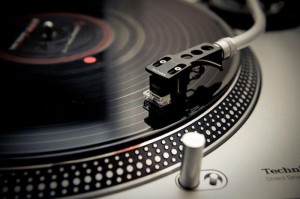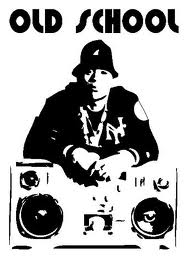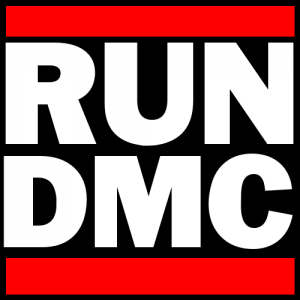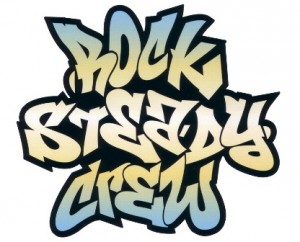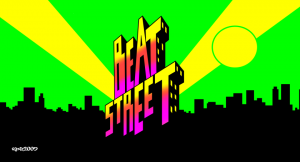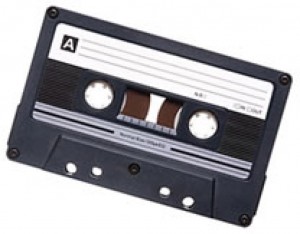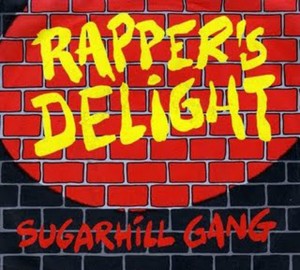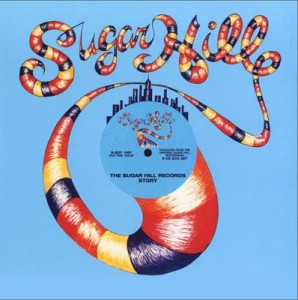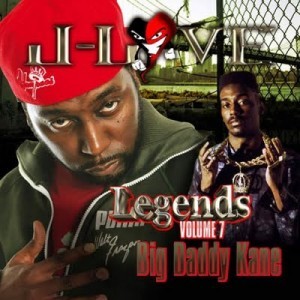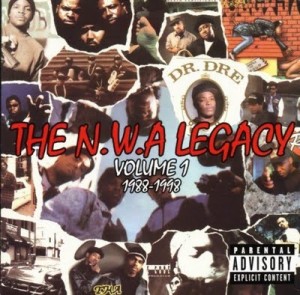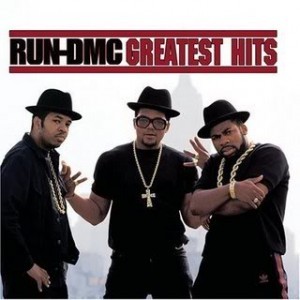Eric B & Rakim
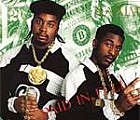
Eric B & Rakim
Hip-hop trailblazers Eric B. and Rakim’s first single, “Eric B. Is President” (#48, 1986), sparked early debate on the legality of unauthorized, uncredited sampling when James Brown sued to prevent the duo’s use of a fragment of his music. It also established Brown’s back catalog as a hip musical mining ground for a new generation of hip-hop programmers.
With Rakim’s relaxed vocal delivery (“Microphone Fiend,” “Paid in Full”) and rhymes that have been described as “existential,” together with Eric B.’s deft turntable manipulation, the duo became one of the most acclaimed hip-hop acts of the late ’80s. The two met in 1985 when Eric Barrier was working as a DJ at New York City radio station WBLS and looking for an MC to rap over his turntable work. A year later they released “Eric B. Is President” (#48 R&B, 1986) on the independent Harlem label Zakia.
Paid in Full (#58 pop, #8 R&B) appeared in 1987 with a new mix of the single, as well as songs such as “I Know You Got Soul” (#64 R&B, 1987) and “I Ain’t No Joke” (#38 R&B, 1987). The duo’s subsequent three albums reached the Top 40, with Follow the Leader peaking at #22, Let the Rhythm Hit ‘Em at #32, and Don’t Sweat the Technique at #22. In 1991 Eric B. and Rakim scored another hit with the theme to House Party 2, “What’s on Your Mind” (#34 R&B). The duo, who were never close friends, parted ways after Don’t Sweat the Technique, but not before running into another legal dispute over their sampling of Funkadelic’s “No Head, No Backstage Pass,” from Follow the Leader‘s “Lyrics of Fury.”
In 1995 Eric B. released a self-titled debut solo album, but spent most of the ’90s as a producer and executive for Street Life Records. After suffering years of legal wrangling and label mishaps, Rakim finally reemerged in 1997 with the acclaimed 18th Letter/Book of Life (#4 pop, #1 R&B, 1997) —a two-disc set split between new material and classic Eric B. and Rakim cuts. That same year, Rakim performed a duet with Mobb Deep for the Hoodlum soundtrack. The rapper returned two years later with The Master, which eschewed ghetto stories for a more mystical approach.



